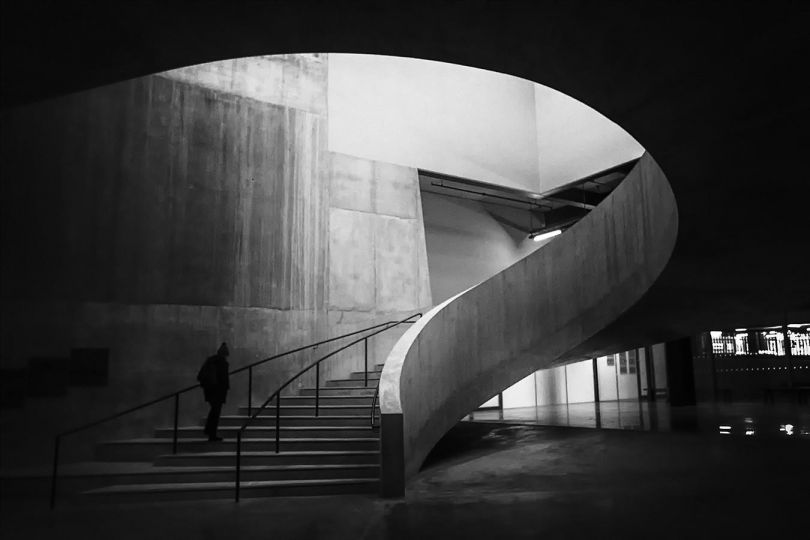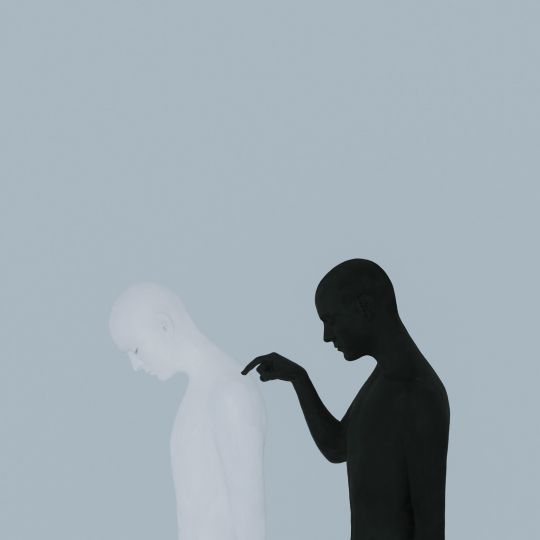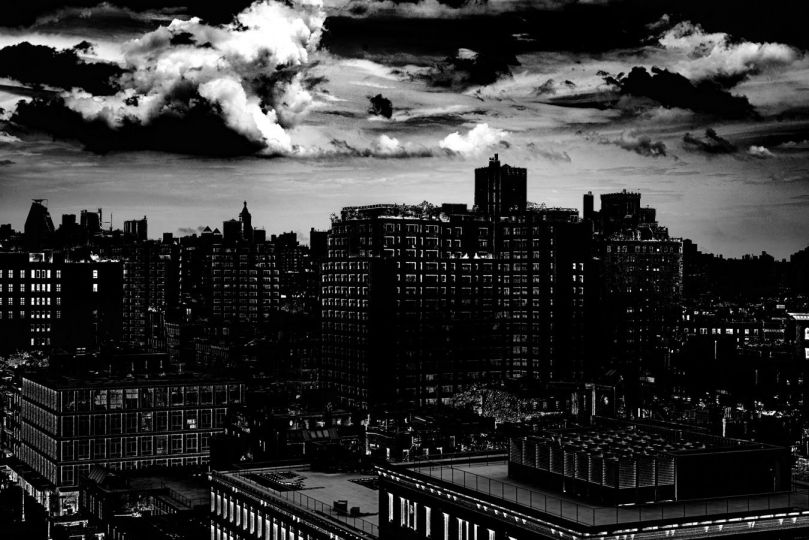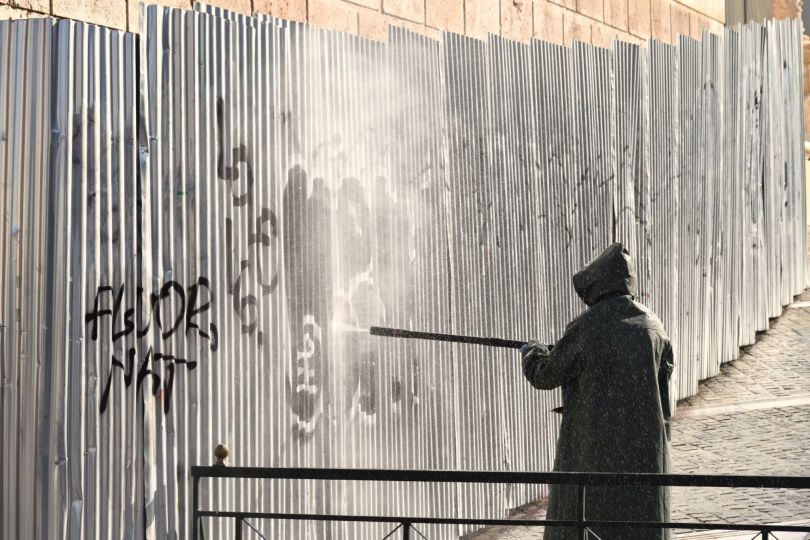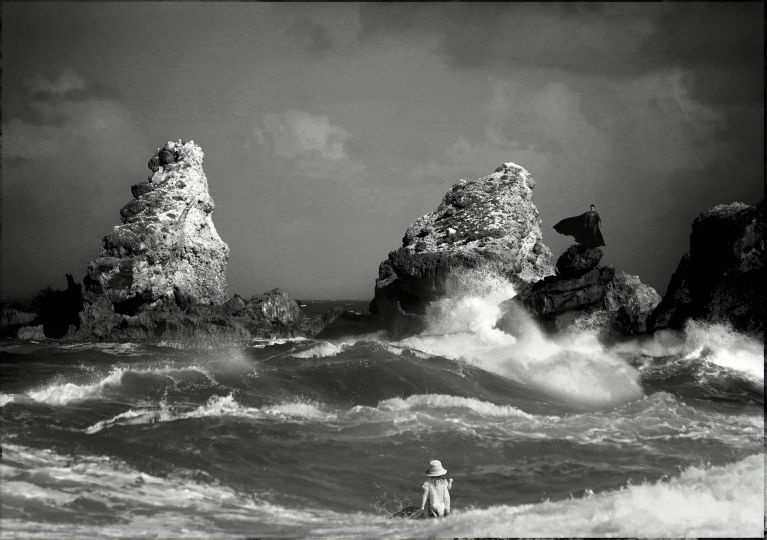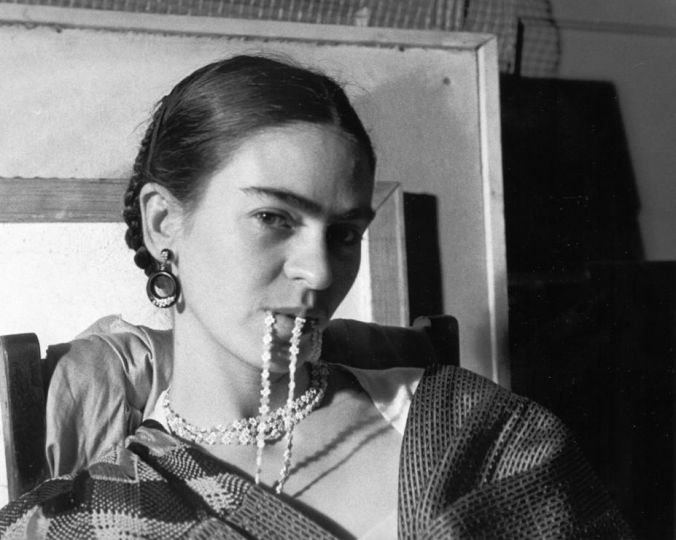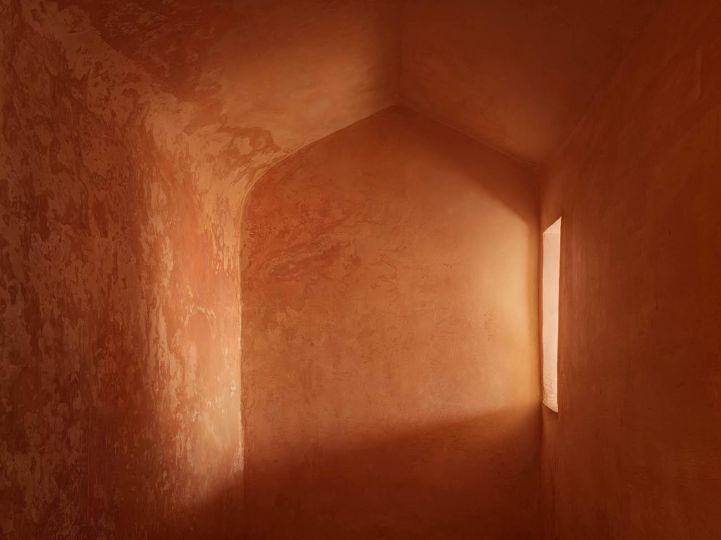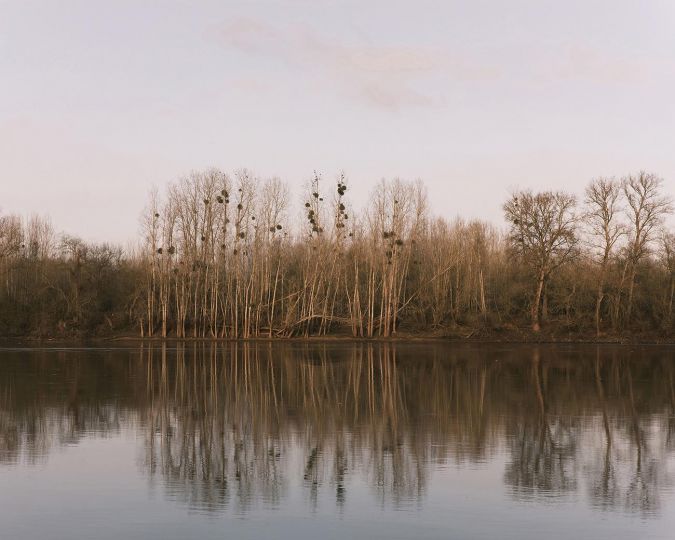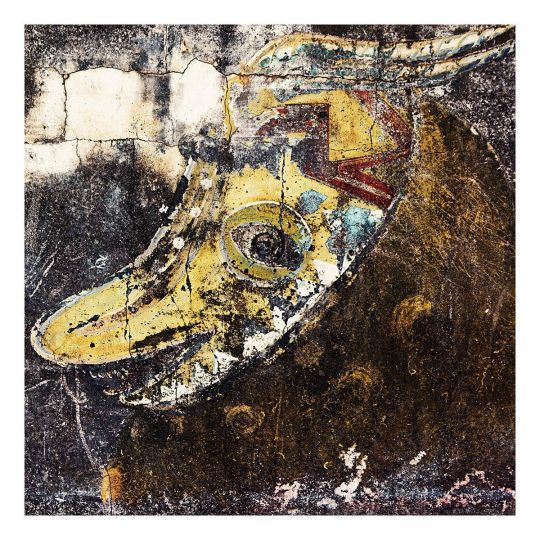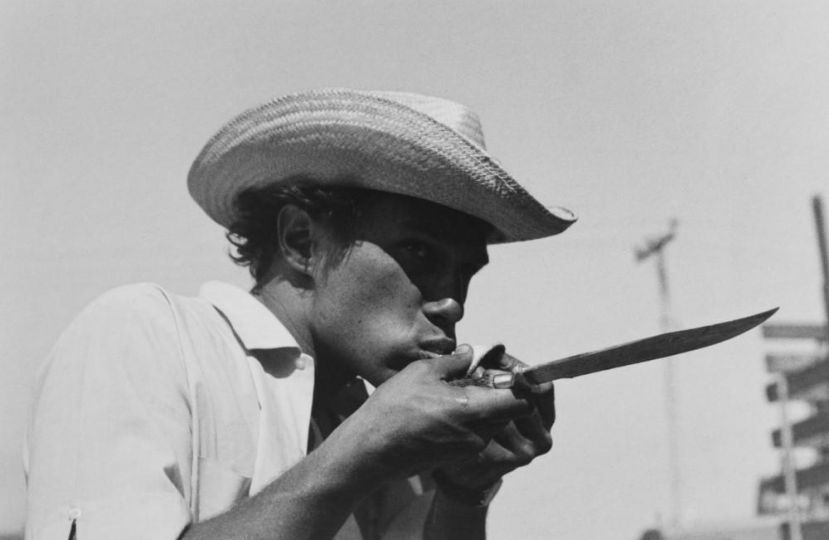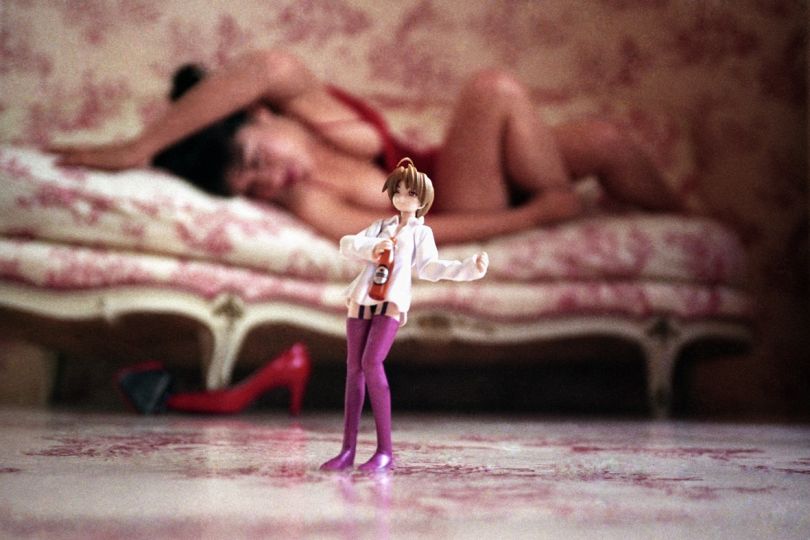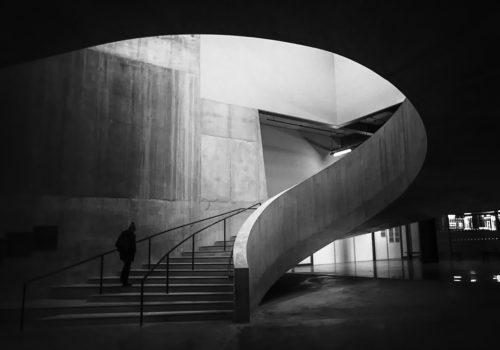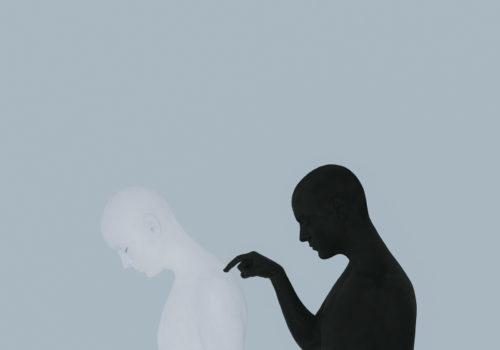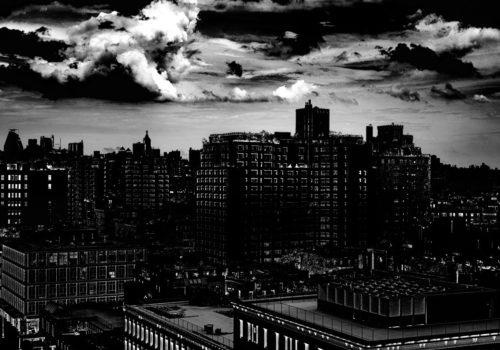At the start of the year, the Fondation Beyeler is dedicating a major solo exhibition to the Canadian artist Jeff Wall (*1946). This is the first exhibition of this scale in Switzerland in almost two decades. Wall, who largely contributed to establishing photography as an autonomous form of artistic expression, is today among its major exponents. Bringing together more than fifty works created over five decades, the exhibition presents a very comprehensive overview of the artist’s pioneering work, ranging from his iconic large slides mounted in light boxes to his large-scale photographs. black and white format and its color inkjet prints. The exhibition places particular emphasis on works from the last two decades, among them photographs being shown to the public for the first time. The exhibition was designed in close collaboration with the artist.
In his work, Jeff Wall probes the limits between fact and invention, chance and construction. Since the mid-1970s, he has explored different ways to expand the artistic possibilities of photography. Wall describes his work as “cinematography”, seeing in cinema a model of freedom of creation and invention, freedom which had been hampered in the field of photography by its dominant definition as “documentary”. Many of his photographs are constructed images involving long and careful planning and preparation, collaboration with actors, and extensive “post-production” work. Jeff Wall thus creates images that diverge from the notion of photography as primarily a faithful documentation of reality.
Wall was born in 1946 in Vancouver, Canada, where he lives and works. He began to become interested in photography in the 1960s, the golden age of conceptual art. From the mid-1970s he produced large slides mounted in light boxes. With this format, until then associated more with advertising photography than art photography, he innovates and launches a new form of presentation of works of art. Since the mid-1990s, Wall has further expanded his repertoire – first with large-format black and white photographs and then with color prints. His work has been the subject of numerous solo exhibitions around the world, including at the Tate Modern, London (2005), the Museum of Modern Art, New York (2007), the Stedelijk Museum, Amsterdam (2014) and the Glenstone Museum, Potomac (2021).
Jeff Wall’s images evolve between documentary snapshot, cinematic composition and free poetic invention, confronting viewers with a vast range of subjects and themes, beauty and ugliness, ambiguity and discomfort. For Wall, the art of photography must be as free as all other artistic forms in its range of subjects and treatments – as poetic as poetry, as literary as the novel, as pictorial as painting, as theatrical than theater, and all this with the aim of reaching the very essence of photography.
The exhibition at the Fondation Beyeler opens in the museum foyer with the juxtaposition of two emblematic works from 1999. Morning Cleaning, Mies van der Rohe Foundation, Barcelona shows the morning preparations made in the famous pavilion before the arrival of the first visitors. The maintenance worker is cleaning the large bay windows overlooking a reflecting pool, thus allowing us to witness a moment usually invisible in the life of this famous building. A Donkey in Blackpool depicts a modest yet visually very rich stable, occupied by the familiar figure of a donkey, which appears here in a moment of rest. The association of the two images brings together very different socially and culturally different worlds while directing our attention to their common points – human beings and animals both have a deep relationship with the interiors that shelter them. The exhibition has been designed to create a sequence of such comparisons and juxtapositions, weaving echoes and resonances between subjects, techniques and genres. For the catalog, the artist wrote a guide which presents the different dimensions of the production of images and their arrangement in the exhibition.
Thus, the first room of the exhibition presents a series of slides mounted in light boxes which highlight landscapes. Produced between 1987 and 2005, these cityscapes offer a broad vision of Vancouver’s urban and peri-urban areas. Jeff Wall considers urban landscapes as an important aspect of his work, which allows him to explore the very essence of the city, the relationships it maintains with the non-urban or peri-urban areas that surround it, and its specificity as a theater of the infinite network of events which constitute life in society.
The following rooms bring together scenes created in various interiors and exteriors, public and private, representing men and women, poor and wealthy people, young and old – some images testifying to careful work and artifice, others seeming to have required no effort, in color and black and white, transparent and opaque, large and small, representing the real and the unreal, and a wide range of atmospheres, states of mind and relationships.
The exhibition includes many of the artist’s most famous works, including After ‘Invisible Man’ by Ralph Ellison, the Prologue (1999–2000), a construction of a scene from Ellison’s 1952 novel that shows the young black protagonist writing the book’s story in his secret basement lair, lit by exactly 1,369 electric bulbs. A Sudden Gust of Wind (after Hokusai) (1993), one of Wall’s most impressively large works, is a contemporary adaptation of one of the plates from Katsushika Hokusai’s woodcut series Thirty-six Views of the Mount Fuji (1830-1832). These two images draw their origins from the works of other artists; Wall allows himself the freedom to find his subjects wherever his imagination takes him. A Sudden Gust of Wind is one of the first works in which the artist used digital technology, which allowed him to combine several individual negatives into a single final image.
Most of Wall’s recent works are included in the exhibition, usually presented in counterpoint to older images. Fallen rider (2022), image of a woman who has just fallen from her mount, is hung opposite War game (2007), where three young boys, apparently photographed during a war game, lie under surveillance in an improvised prison . In Parent Child (2019), it is a little girl who is lying, this time on a sidewalk in the peaceful shade of a tree, under the gaze of a man who is probably her father. Like film images, Wall’s photographs seem to capture a moment in time – the before and after remain off-camera. On a nearby wall hangs Maquette for a monument to the contemplation of the possibility of mending a hole in a sock (2023), in which another contemplative figure, an elderly woman holding a needle in her hand, considers a hole in the worn heel of a purple sock. The darner seems unreal, like an apparition reminding us of the uncertainty that weighs on the will and capacity of humanity to repair what has been worn, overused and damaged.
The exhibition is curated by Martin Schwander, Curator at Large, Fondation Beyeler, in collaboration with Charlotte Sarrazin, Associate Curator.
The exhibition catalogue, designed by Uwe Koch in close consultation with the artist, is published in English and German by Hatje Cantz Verlag, Berlin. On 240 pages, it contains illustrations of the works in the exhibition, a conversation between Jeff Wall and Martin Schwander, a detailed explanation from the artist himself of the selection of the works and their hanging in the eleven rooms of the exhibition, as well as essays written by Martin Schwander and Ralph Ubl.
Jeff Wall
January 28 – April 21, 2024
Fondation Beyeler
Beyeler Museum AG
Baselstrasse 77, CH-4125 Riehen/Basel, Switzerland
www.fondationbeyeler.ch


